France
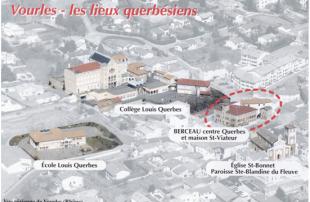
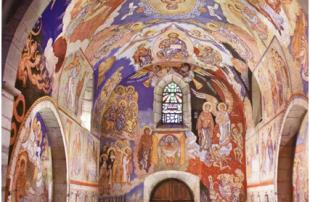
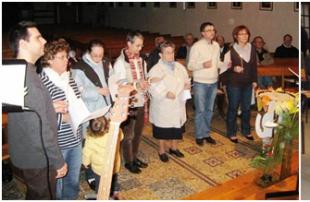
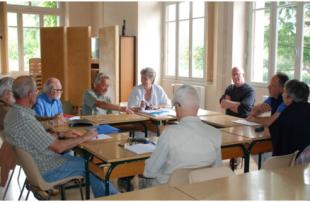
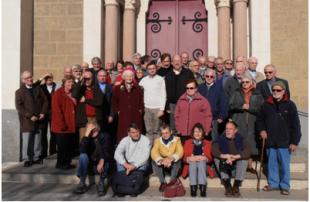
After an experience of 10 years as a “Delegation,” the Clerics of Saint Viator of France regained their official status as “Province of France” on Sept. 1, 2019, without prejudice to what is called the “Viatorian Community of France,” made up of religious and lay associates.
Indeed, Article 5 of the constitution states that “our Congregation agrees to associate with other persons who wish to participate in its mission, its spiritual life and its community life.”
The Province now comprises 75 religious and 70 associates, based in France and the Ivory Coast.
The religious Viatorians and the lay Viatorians of France, who remain legally distinct, deepen their spiritual life, their individual and community apostolic commitments, strengthen and extend the network of charity that unites them as collaborators in the mission.
According to the approved special regulation, they “support each other in the same community to which they bring the complementarity of different states of life for the implementation of the same charism” (Article 5). This means ‘Community’ in the broadest sense and not ‘living together under one roof.’
Two councils have recently been formed. The Provincial Council, composed of the Provincial Superior and four religious, on the one hand, and the Council of the Viatorian Community, also chaired by the Provincial Superior and comprised of two religious and two associates, on the other hand.
The General Assembly of the Viatorian Community, meeting at least once a year for a session of a certain duration, addresses issues that affect life and the future of the Viatorians in France.
The priorities chosen by the Council of the Community have been given content, based on listening, innovation and fraternity. At another session, the issue of training (initial and continuing) was discussed and a committee was formed to study the participation in the operating costs of the Viatorian community. At the third session, the first years of life in the Community of the Viatorian Community were assessed in some detail and the sharing of operating costs and its budget were examined in concrete terms.
As for the different communities, they opened up to meetings-exchanges, at the lectio divina, either at the local level, or between the communities of sector or the religious province…
The Viatorians as a whole cannot do without a reflection on their specificity. The religious-Viatorians must see what it means to be religious today. What is the meaning of vows and religious life. They must also discern personal and community challenges, open up to new forms of community life. For their part, the lay Viatorians must continue their secular rereading of the Viatorian charism. Each person, in his own commitments, is invited to develop a deep and renewed Viatorian spiritual life.



